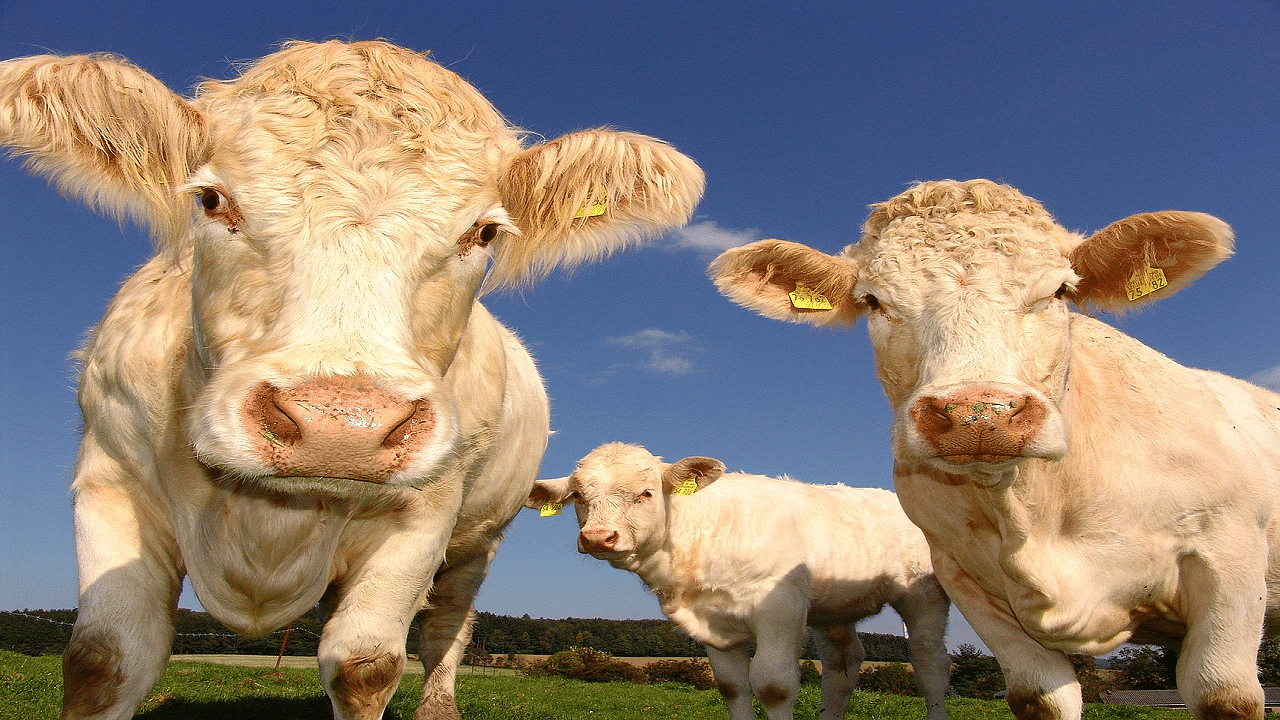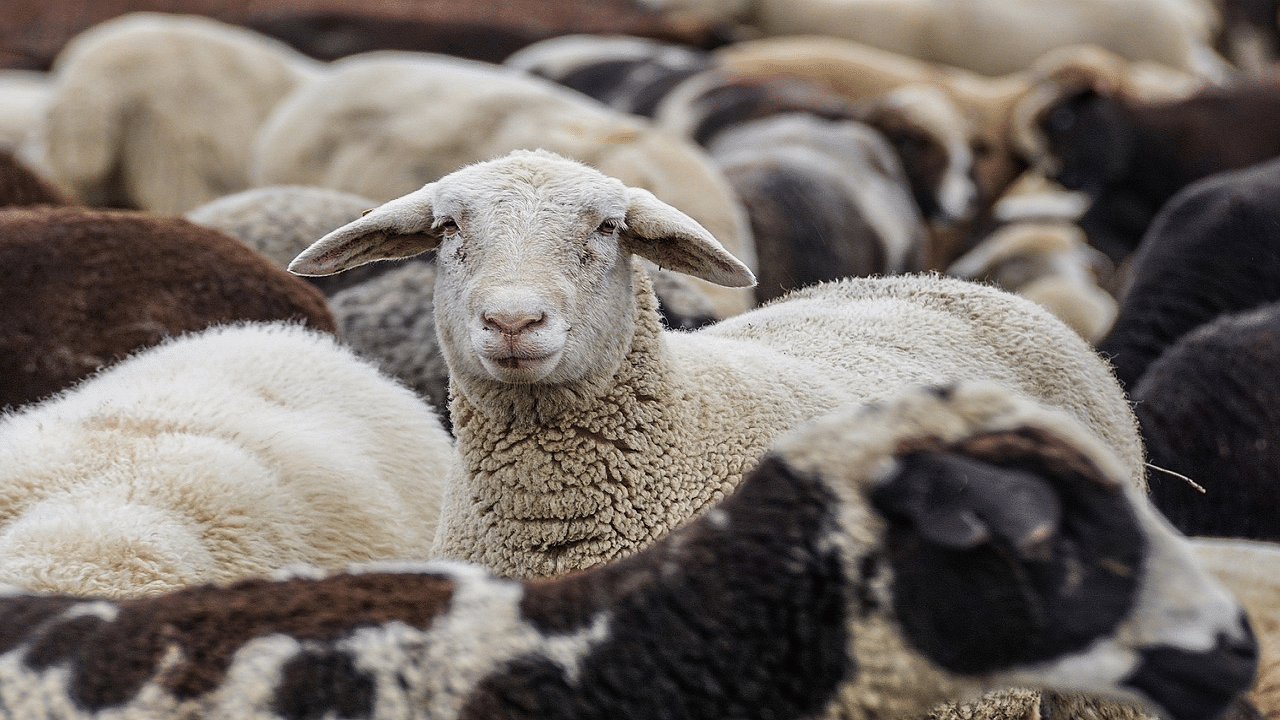
As the rainy season approaches, livestock owners and farmers need to be well-prepared to ensure the well-being and health of their animals. Rainy seasons can bring about a variety of challenges for livestock, including increased moisture, mud, and potential health issues. However, with proper care and management practices, these challenges can be mitigated, allowing livestock to thrive during this period. In this article, we will explore essential tips for the care and management of livestock in the rainy season.
- Shelter and Housing:
Providing adequate shelter for livestock is crucial during the rainy season. Ensure that animal shelters are well-constructed, leak-proof, and properly ventilated. Repair any damaged roofs, walls, or fences to prevent leaks and ensure the animals are protected from rain, wind, and excessive moisture. Adequate drainage in the shelter area is essential to prevent the accumulation of stagnant water and the growth of harmful pathogens.
- Flooring and Bedding:
Maintaining dry bedding for livestock is essential to prevent various health issues. Straw, wood shavings, or sawdust can be used as bedding material to absorb moisture and provide a comfortable resting surface. Regularly check and replace bedding as needed, especially in areas prone to excessive dampness.
- Pasture Management:
Rainy seasons can result in lush, overgrown pastures that may cause nutritional imbalances in livestock. Practice rotational grazing to prevent overgrazing and maintain pasture quality. This will also help control the spread of parasites, as animals are moved to fresh grazing areas. Additionally, ensure proper drainage in pastures to prevent waterlogging and minimize mud-related issues.
- Nutrition and Feeding:
During the rainy season, the quality of forage may decline due to excessive moisture. Supplement the animals' diet with good-quality feed, such as hay or silage, to compensate for any nutritional deficiencies. Provide access to clean and fresh water at all times, as animals tend to drink more during rainy periods. Regularly clean and inspect water troughs to prevent the growth of algae or the accumulation of debris.

- Health and Hygiene:
Rainy seasons can create an environment favorable for the proliferation of diseases and parasites. Implement a regular deworming program to control internal parasites in livestock. Additionally, pay attention to common rainy season diseases such as foot rot and respiratory infections. Keep animals' hooves trimmed and ensure proper ventilation in the shelter to prevent respiratory issues.
- Insect and Pest Control:
Rainy seasons often bring an increase in insect populations. Flies, mosquitoes, ticks, and other pests can transmit diseases and cause stress to livestock. Implement appropriate pest control measures such as fly repellents, insecticide sprays, and the use of fly traps or fly control devices to minimize the impact of these pests on animal health.
Proper care and management of livestock during the rainy season are essential to ensure their well-being and productivity. By providing adequate shelter, maintaining clean and dry bedding, practising rotational grazing, ensuring proper nutrition, and implementing pest control measures, farmers and livestock owners can minimize the challenges posed by the rainy season. Regular monitoring of animal health, prompt veterinary intervention when necessary, and attention to overall hygiene will go a long way in safeguarding the health and performance of livestock in this season. With these proactive measures in place, livestock can thrive, and farmers can ensure the success of their operations throughout the rainy season.











